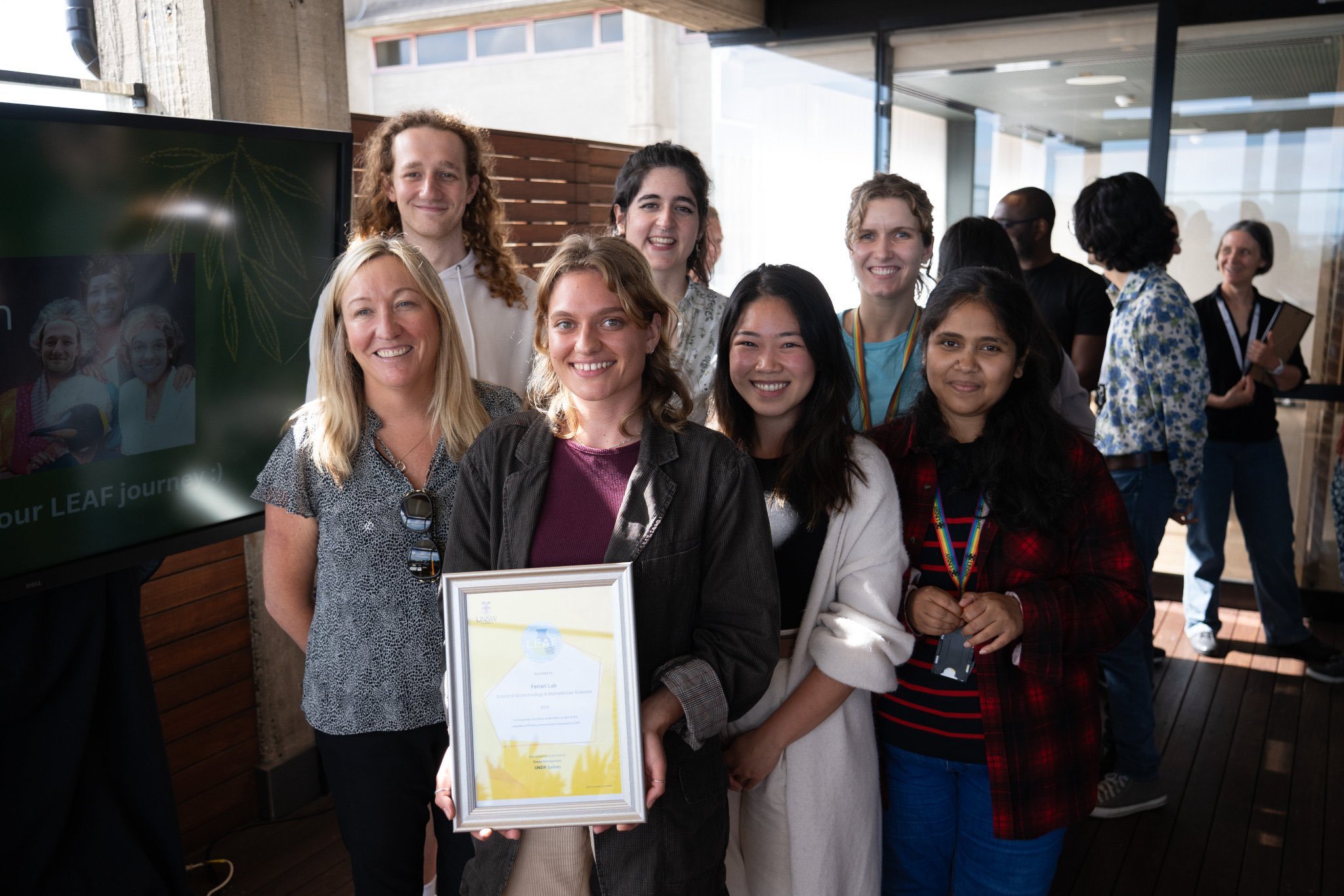Check out the latest article from News UNSW, where Professor Belinda Ferrari dives into the hidden microbial ecosystems of Antarctica and how they might reshape our understanding of life itself.
From the gravelly soils near Casey Station, Prof. Ferrari has uncovered over 20 new microbial species, some with potential for antifreeze proteins and novel antibiotics. Even more astonishing, she discovered bacteria that survive without sunlight, drawing energy from trace gases in the air, a process called atmospheric chemosynthesis. These findings are now informing NASA’s search for life on Mars.
The article also highlights the work of Ferrari Lab former honours student and now UNSW Adjunct Lecturer Alinta Furnell, whose research into Antarctic fungi revealed genetic pathways for producing UV-protective compounds, with exciting applications in biotechnology and skincare.
Antarctica may be cold and remote, but its microbes are rewriting the rules of biology and pointing us toward new frontiers in science.










